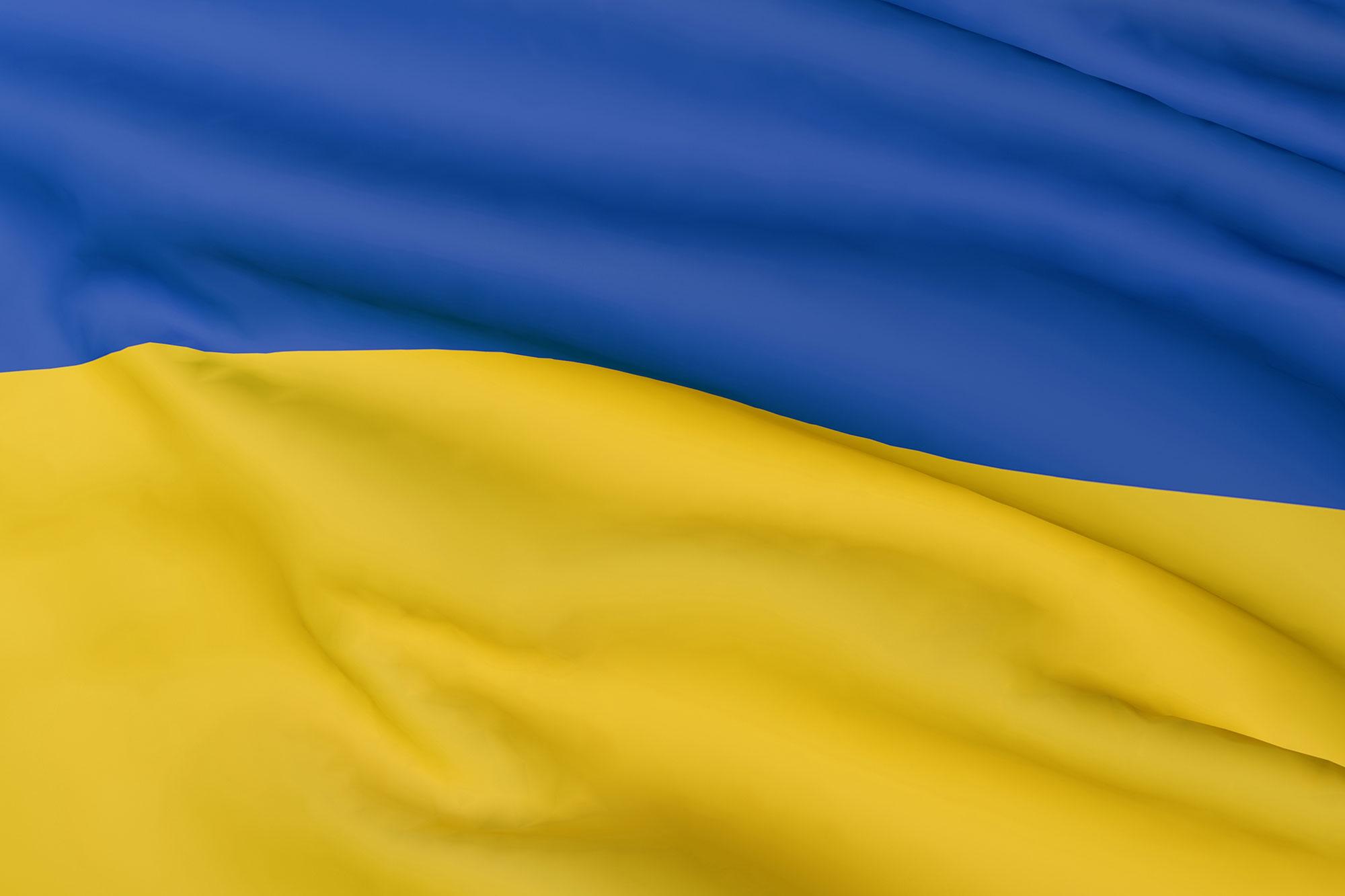Memorandum of Understanding with Ukrainian research funder

The SNSF and the Ukrainian research funder NRFU have signed an MoU allowing closer collaboration between researchers in Switzerland and in Ukraine.
The Swiss National Science Foundation (SNSF) has already taken various measures to support researchers from Ukraine. In spite of the ongoing war, it is also necessary to think about revitalising scientific research in the country. In line with its international cooperation strategy, the SNSF has therefore signed a memorandum of understanding (MoU) with the National Research Foundation of Ukraine (NRFU).
The objective of the MoU is to develop more possibilities for close collaboration between researchers in Switzerland and in Ukraine. For this reason, the SNSF is actively seeking to inform researchers in Ukraine about SNSF funding schemes that allow cooperation.
Targeted support through information and exchange
In view of this, the SNSF has added a new factsheet with a list of suitable funding schemes for Ukrainian researchers to the dedicated website, on which all measures for researchers from Ukraine are described. To answer questions from researchers and institutions, the SNSF also organised a digital information event in May, which met with great interest and was attended by 55 people.
Future initiatives could include, for example, bilateral or multilateral projects, research visits and networking activities. Meetings, conferences and other events are also possible. The two funders will also share their experience of evaluation and scientific practices. Coordinated activities will be jointly developed by the partner organisations.
The SNSF has been supporting researchers in Ukraine since the war began. By making available 9 million Swiss francs in total, the SNSF helped about 100 scientists obtain a position in an SNSF project or a Swiss higher education institution.
Founded in 2018, the NRFU funds basic and applied research in Ukraine and fosters international collaboration between Ukrainian scientists and scientists abroad. In 2020, it already supported around 220 projects.